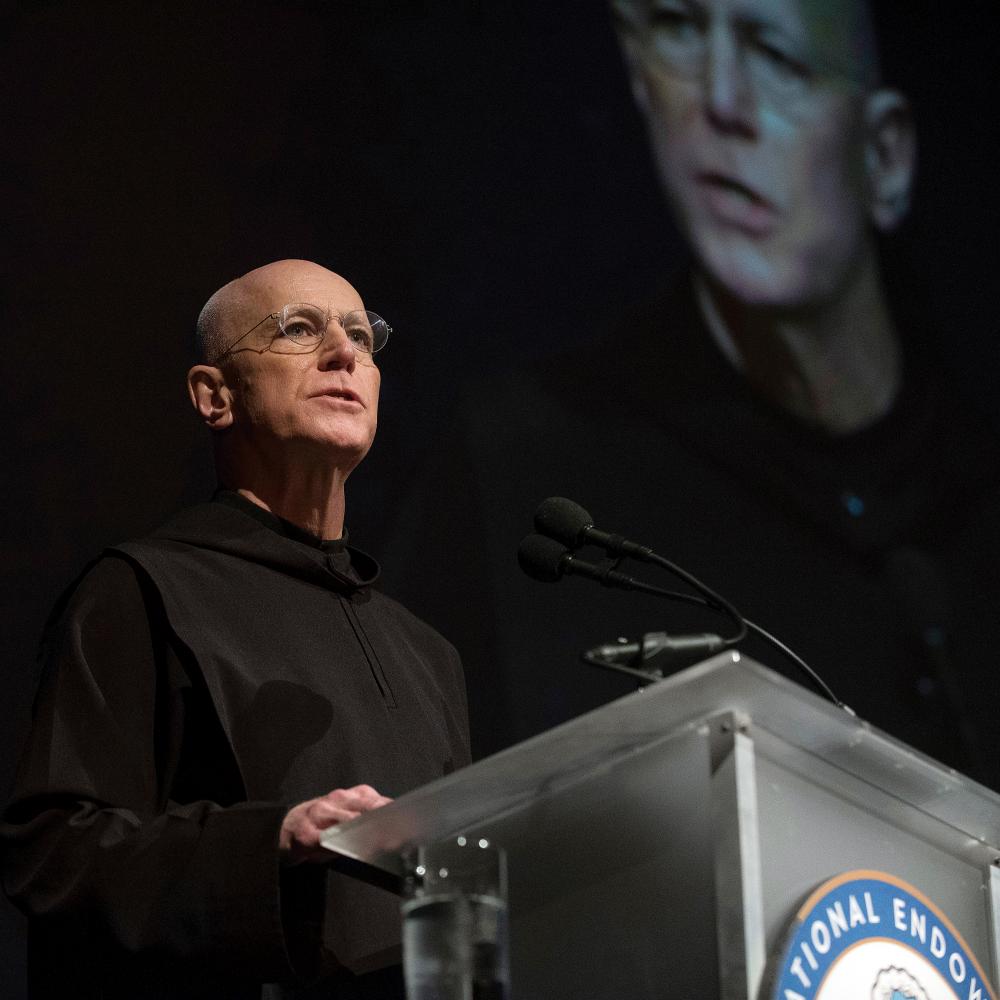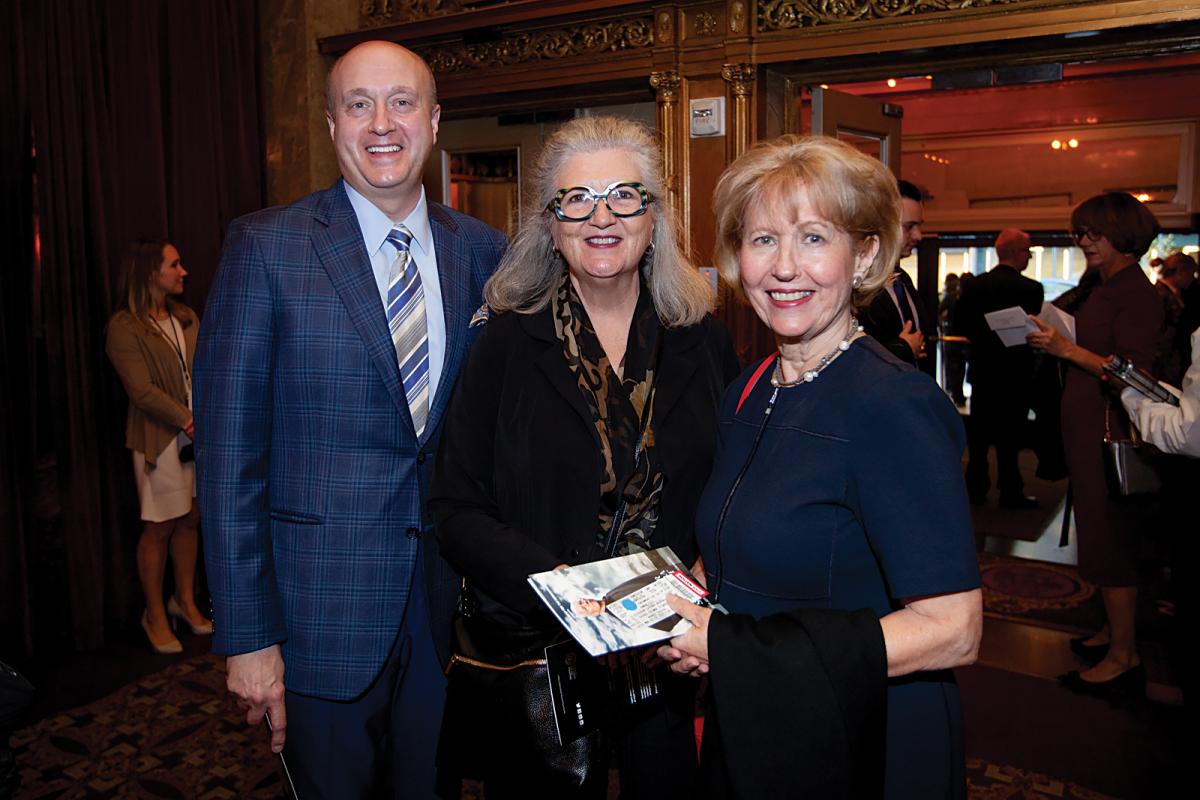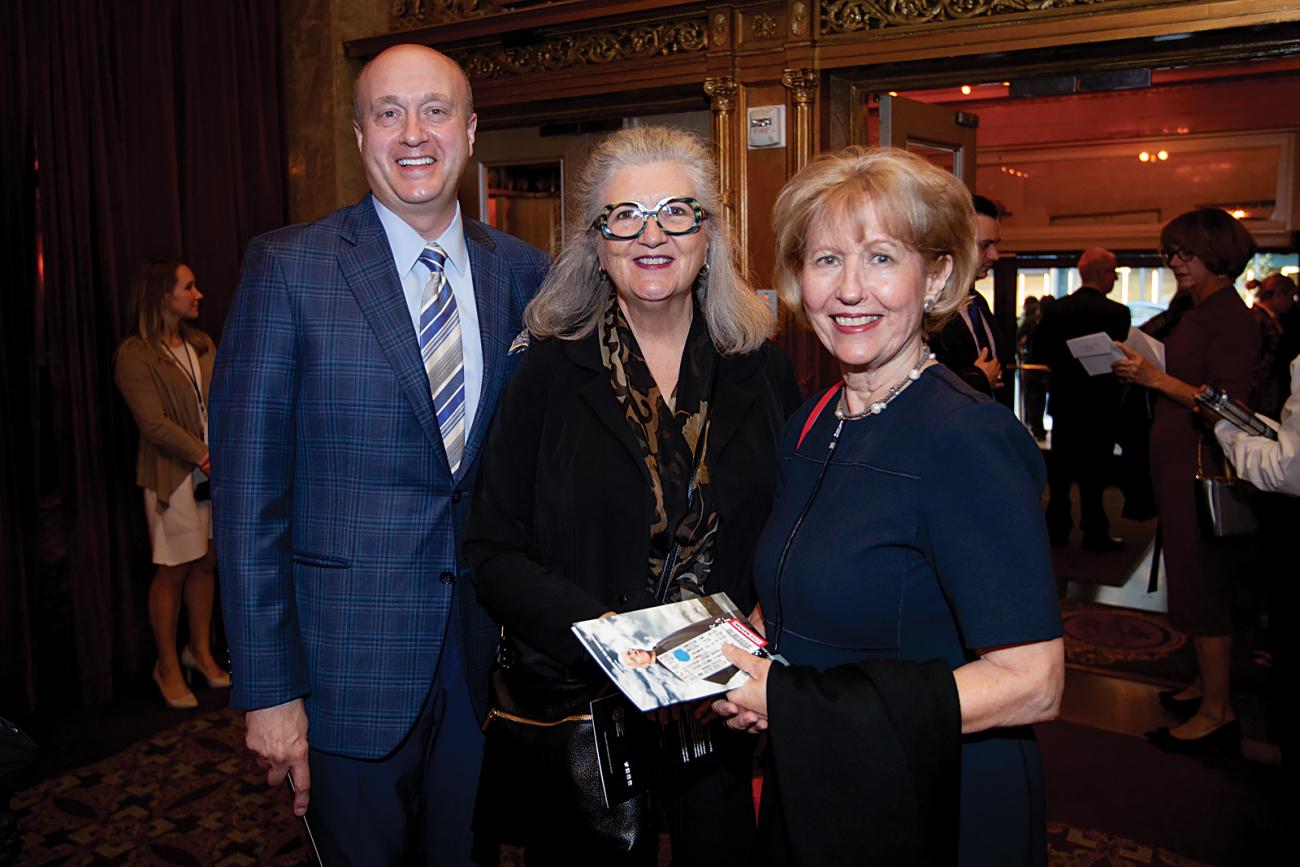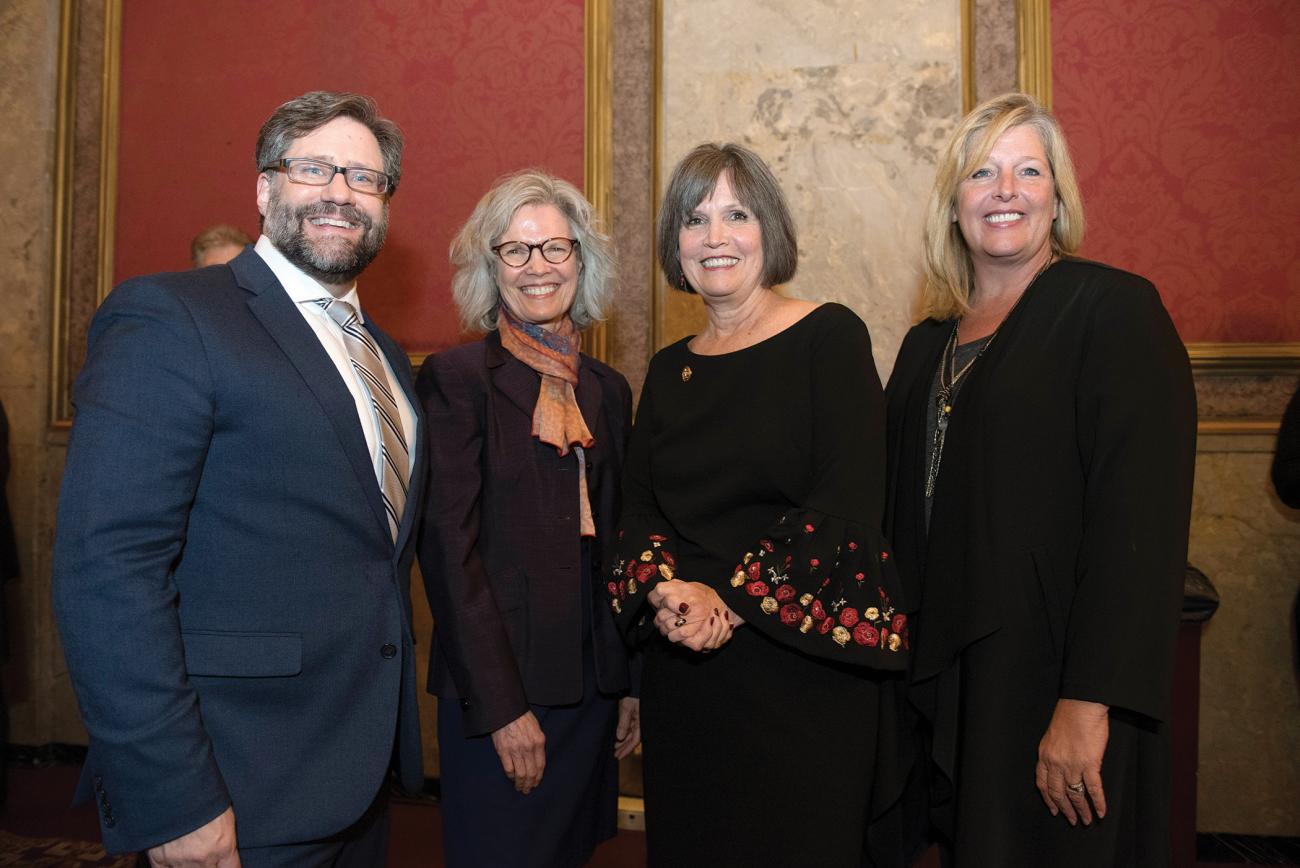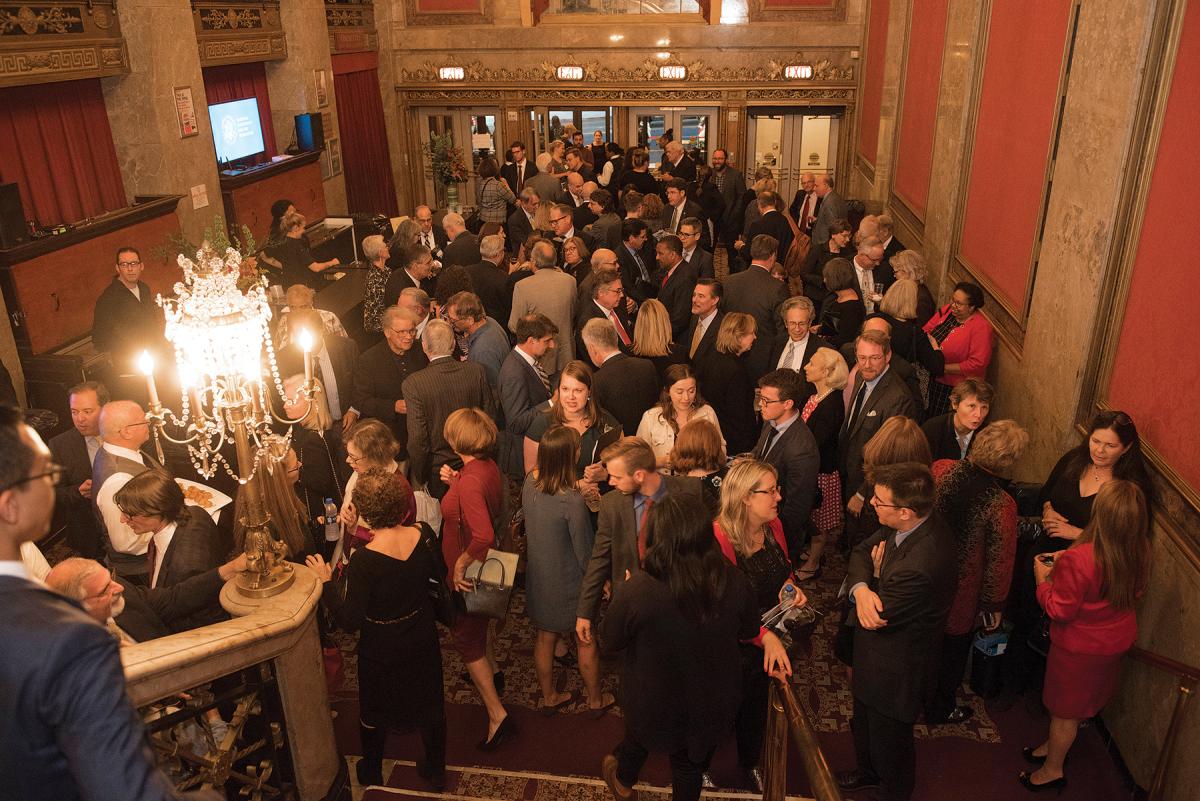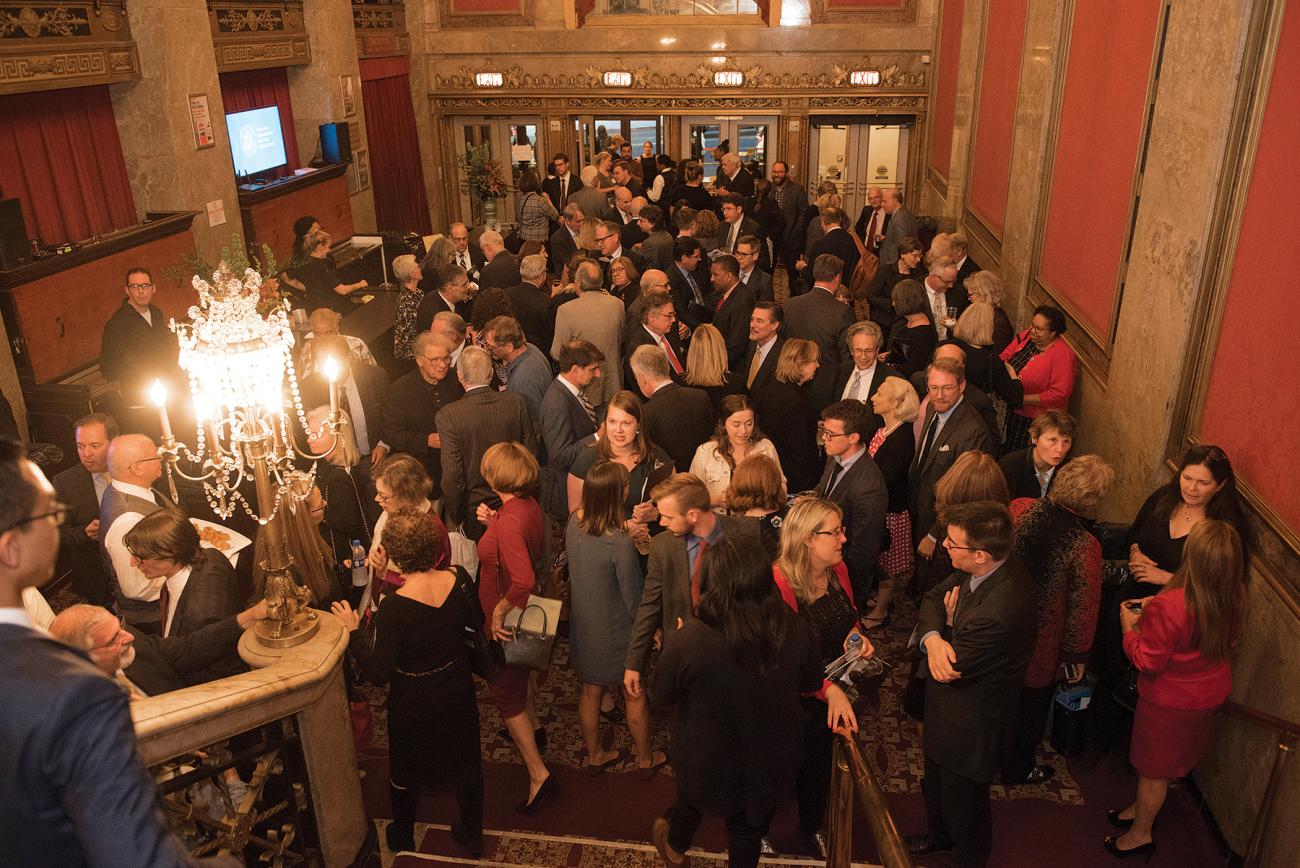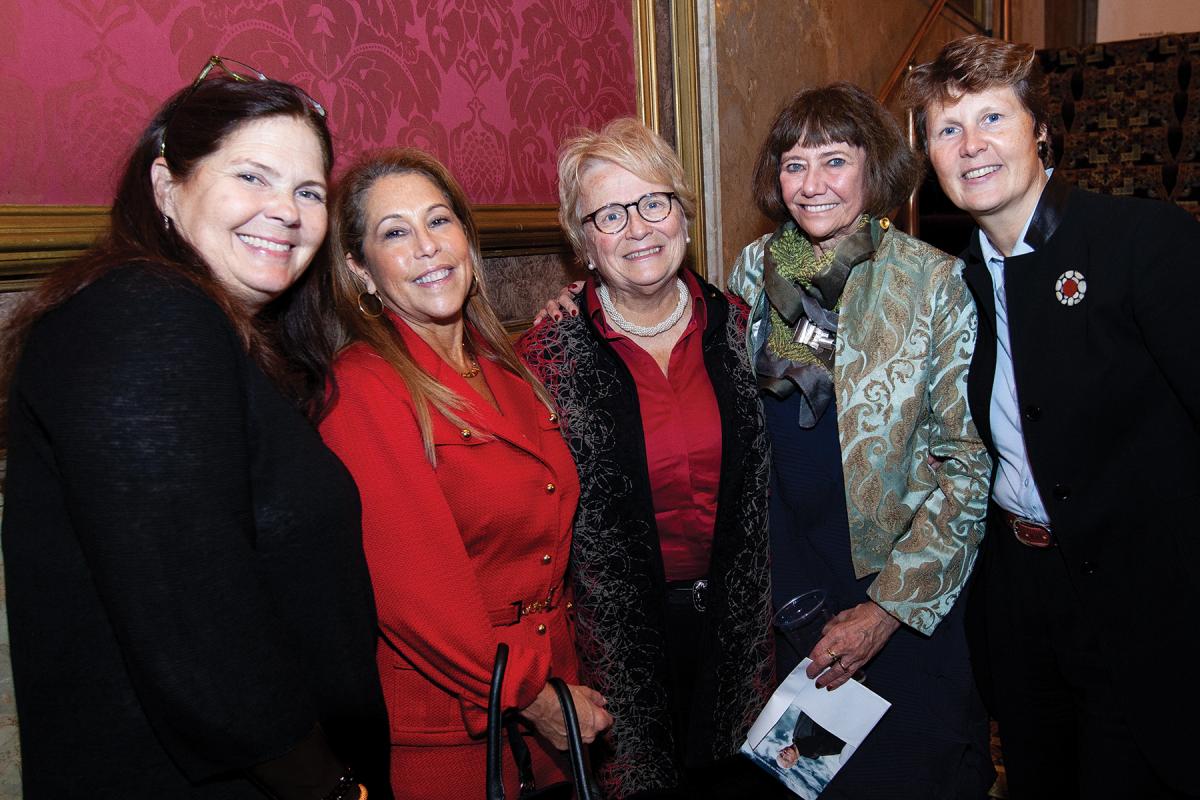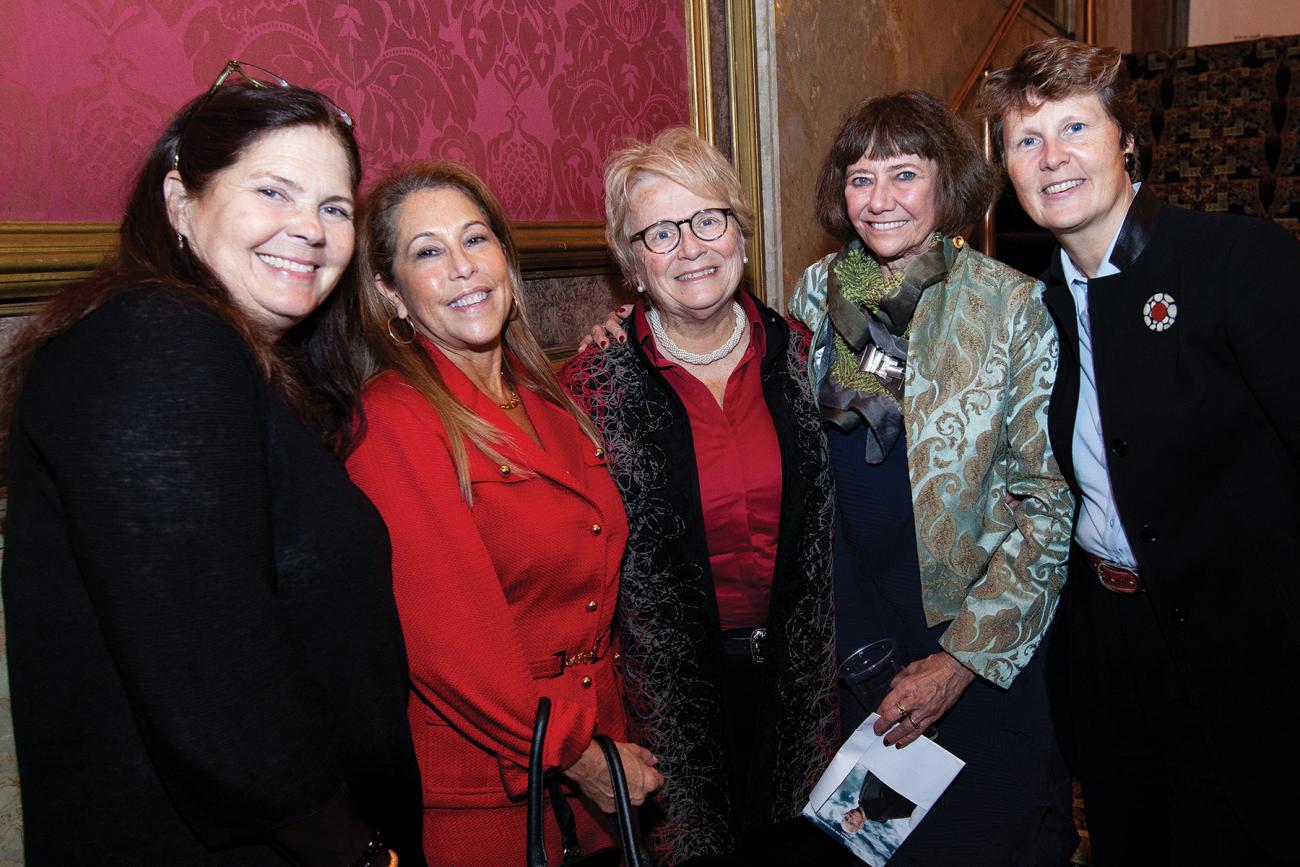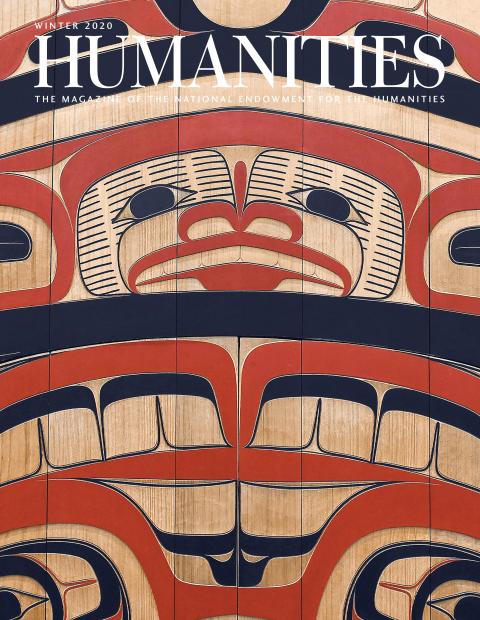Father Columba Stewart delivered the 2019 Jefferson Lecture in the Humanities at the Warner Theatre in Washington, D.C., on October 7. His lecture, entitled “Cultural Heritage Present and Future: A Benedictine Monk’s Long View,” drew from his seventeen years of leading the Hill Museum and Manuscript Library (HMML) in rescuing endangered and rare religious manuscripts from around the world.
He offered the story of a medieval Benedictine abbot known as Peter the Venerable, who, after traveling to reconquered Christian Spain, summoned Christian scholars of Arabic and set them to work on translating the Qur’an and other Islamic texts into Latin. “He embraced the humanistic principle that to understand people of another culture, with different beliefs, we must listen to them in their own voice, learning their language, reading and understanding their texts,” said Father Columba. He went on to explain the importance of this kind of work that the abbot began and that HMML has facilitated since 1965. “Even though manuscripts—handwritten books—are at least a couple of technological stages behind the ways we access information today, we still rely on them for access to the past. Consider: Anything written before the invention of printing has come down to us in the form of a manuscript. A surprising number of those texts have not yet been printed or put online, and we keep finding new texts in manuscripts that have lain hidden for centuries. In many parts of the world, printing came late or was little used, meaning that even less of the literature of these communities is available in modern formats. To know what is most important to such communities, to understand the questions they asked and what gave them purpose and identity, we need to read their manuscripts.”
HMML and Father Columba have worked with different religious communities, sometimes in war zones, from Europe to Ethiopia, from Syria to Mali, helping them photograph and digitize their endangered manuscripts. Those records are then cataloged, becoming part of the enormous HMML repository, available to researchers around the world. Father Columba stated, “It has been my privilege to meet these communities on their own ground, even if they subsequently lost it. Our team at HMML have worked with them to ensure that their deposits of wisdom, their libraries of handwritten texts, the voices of their past, can join the global conversations of the digital era.”


